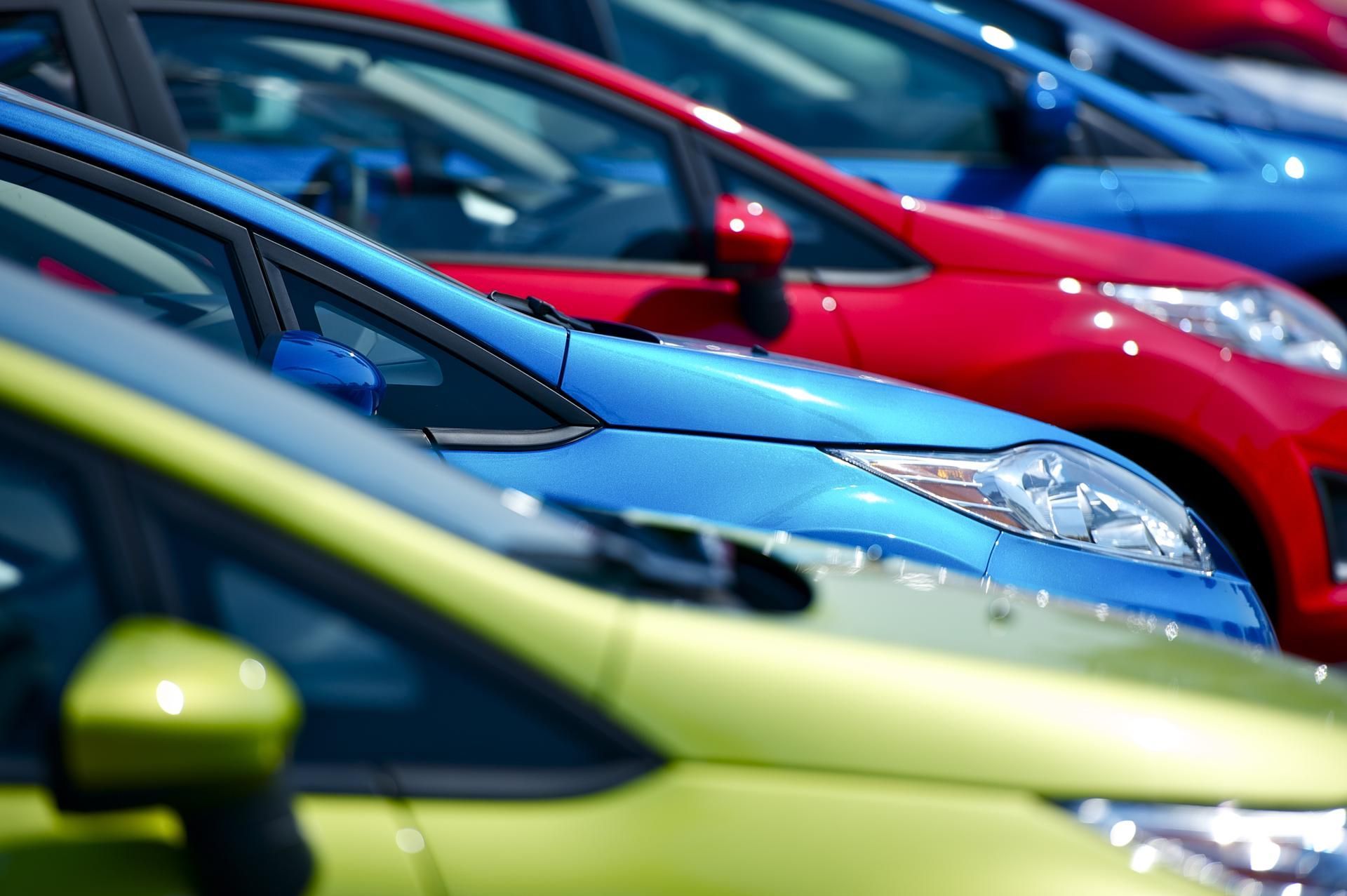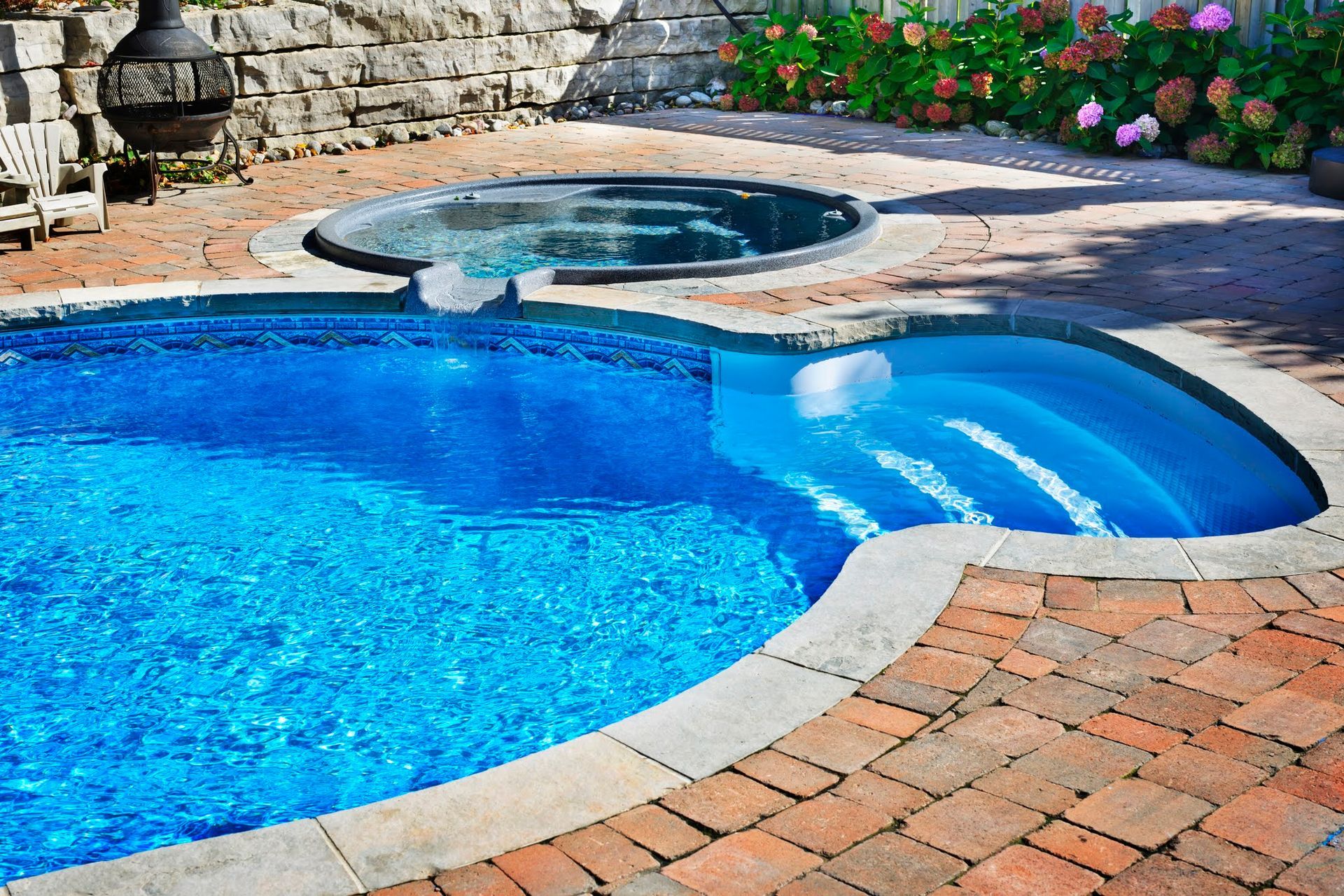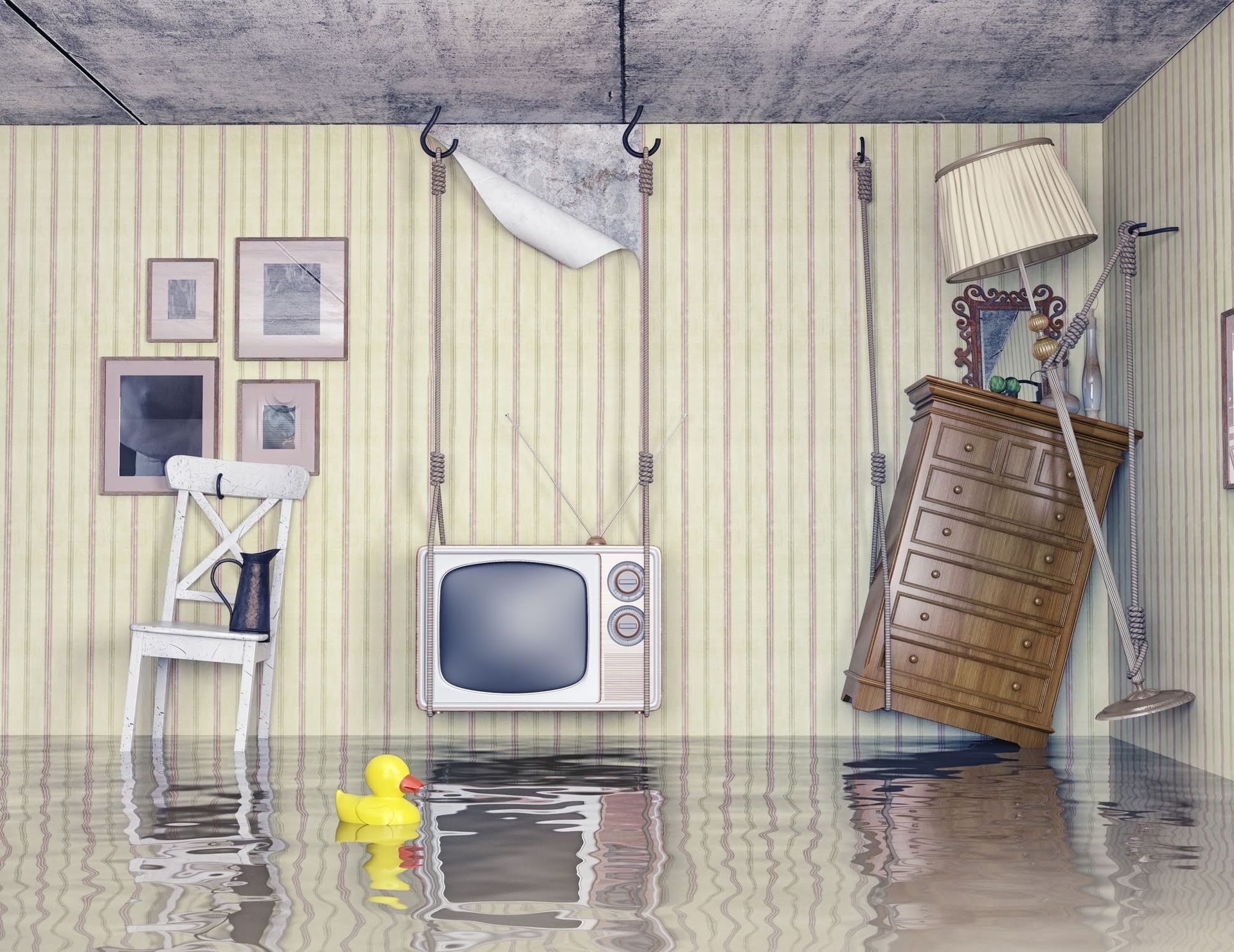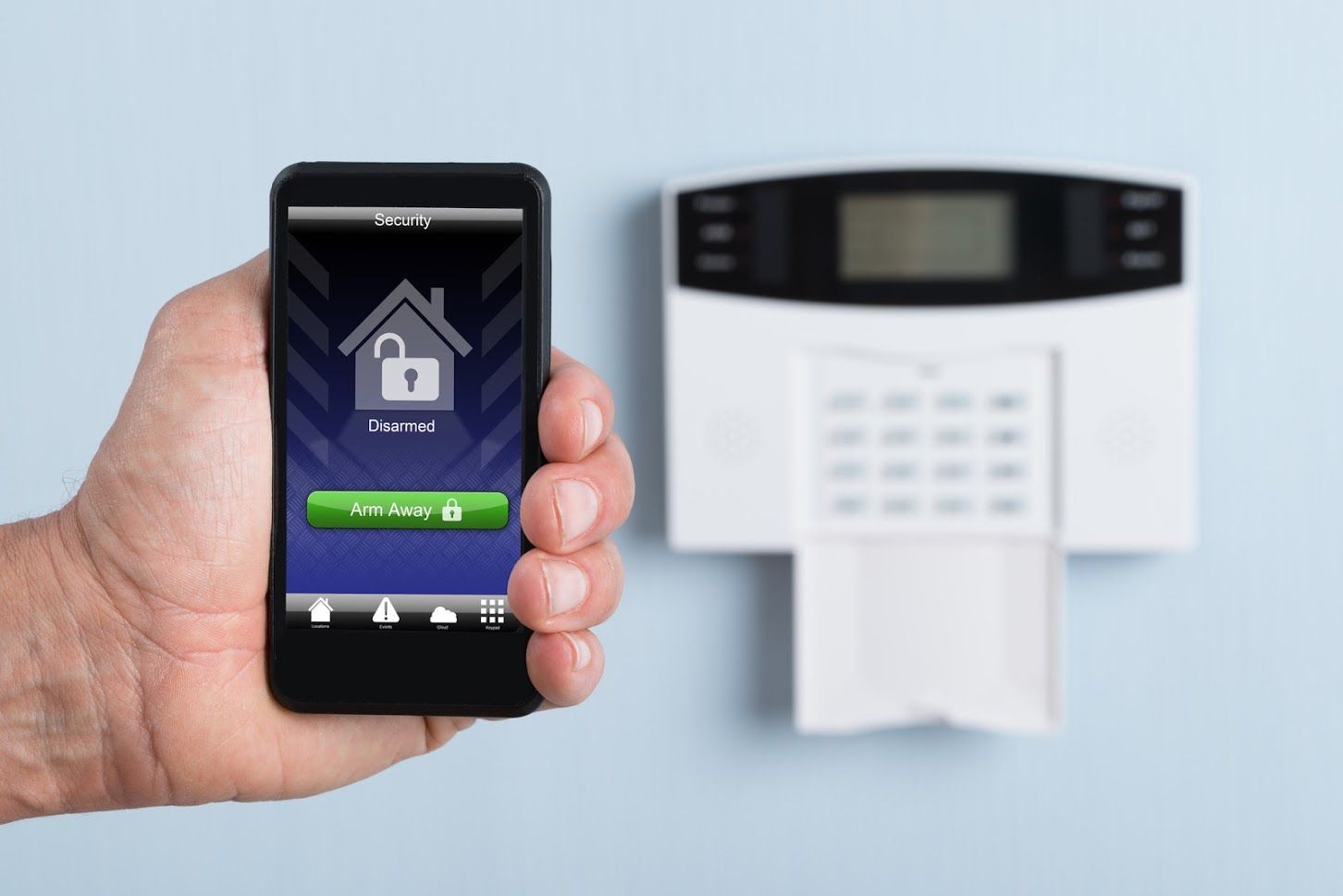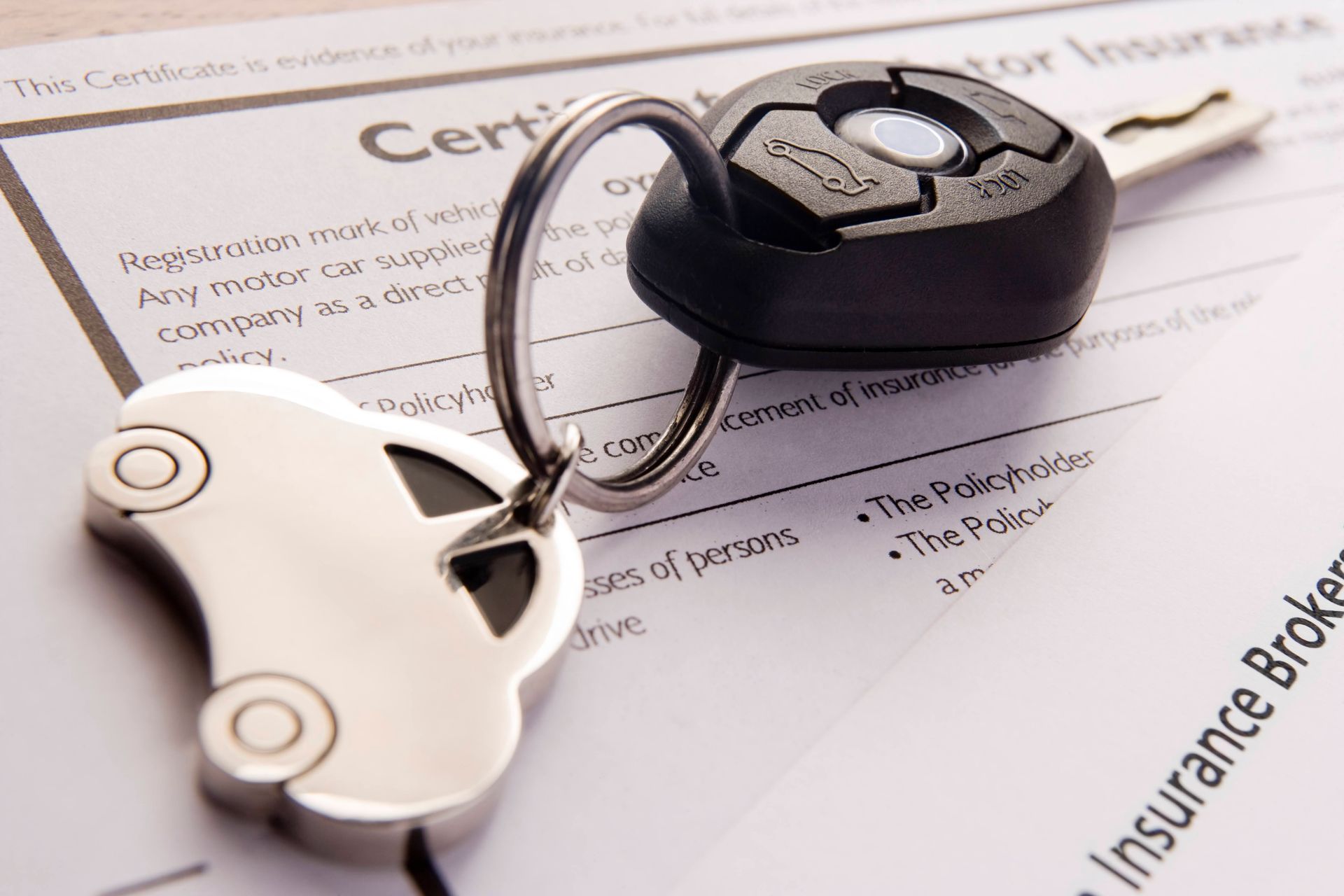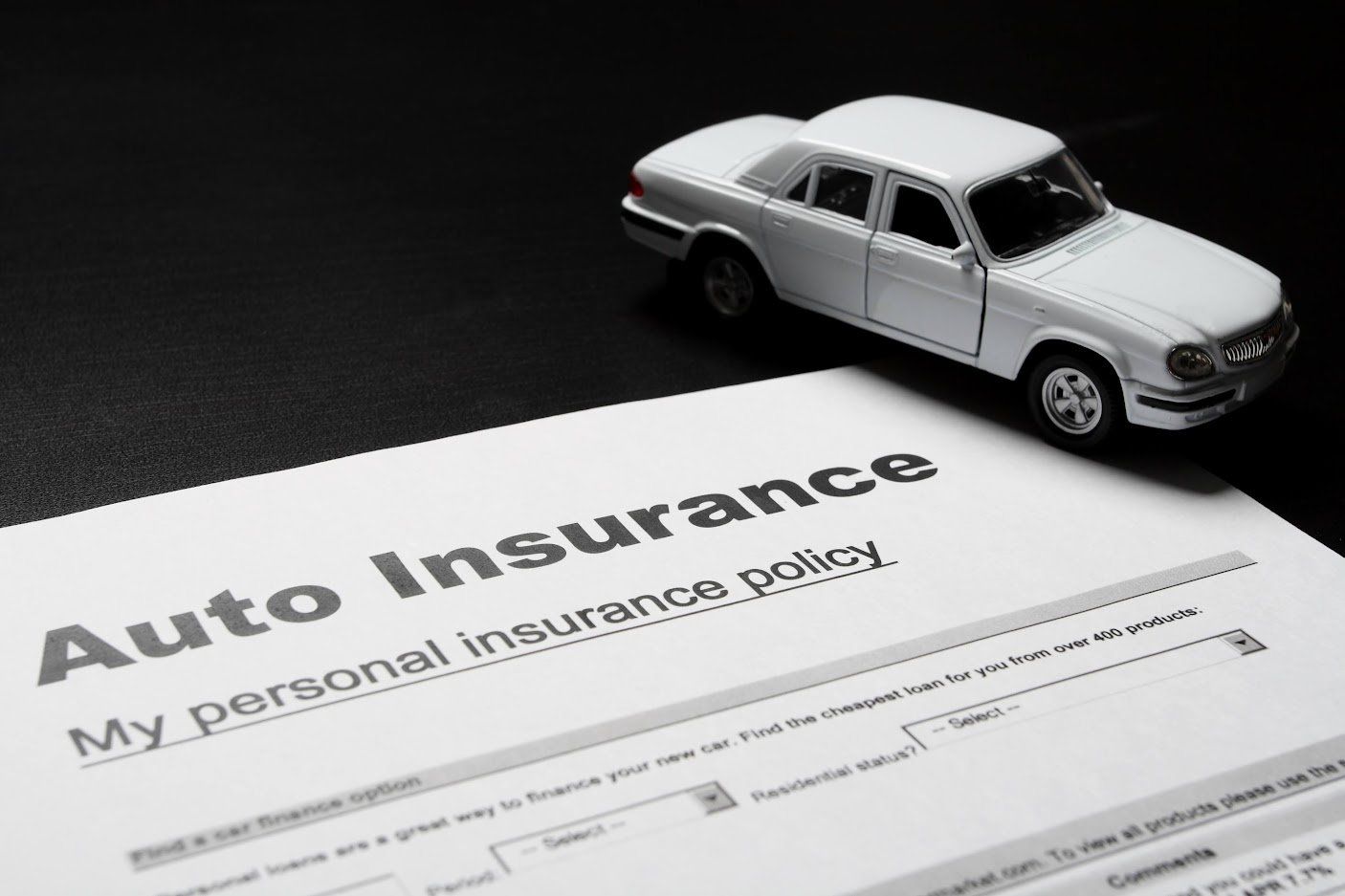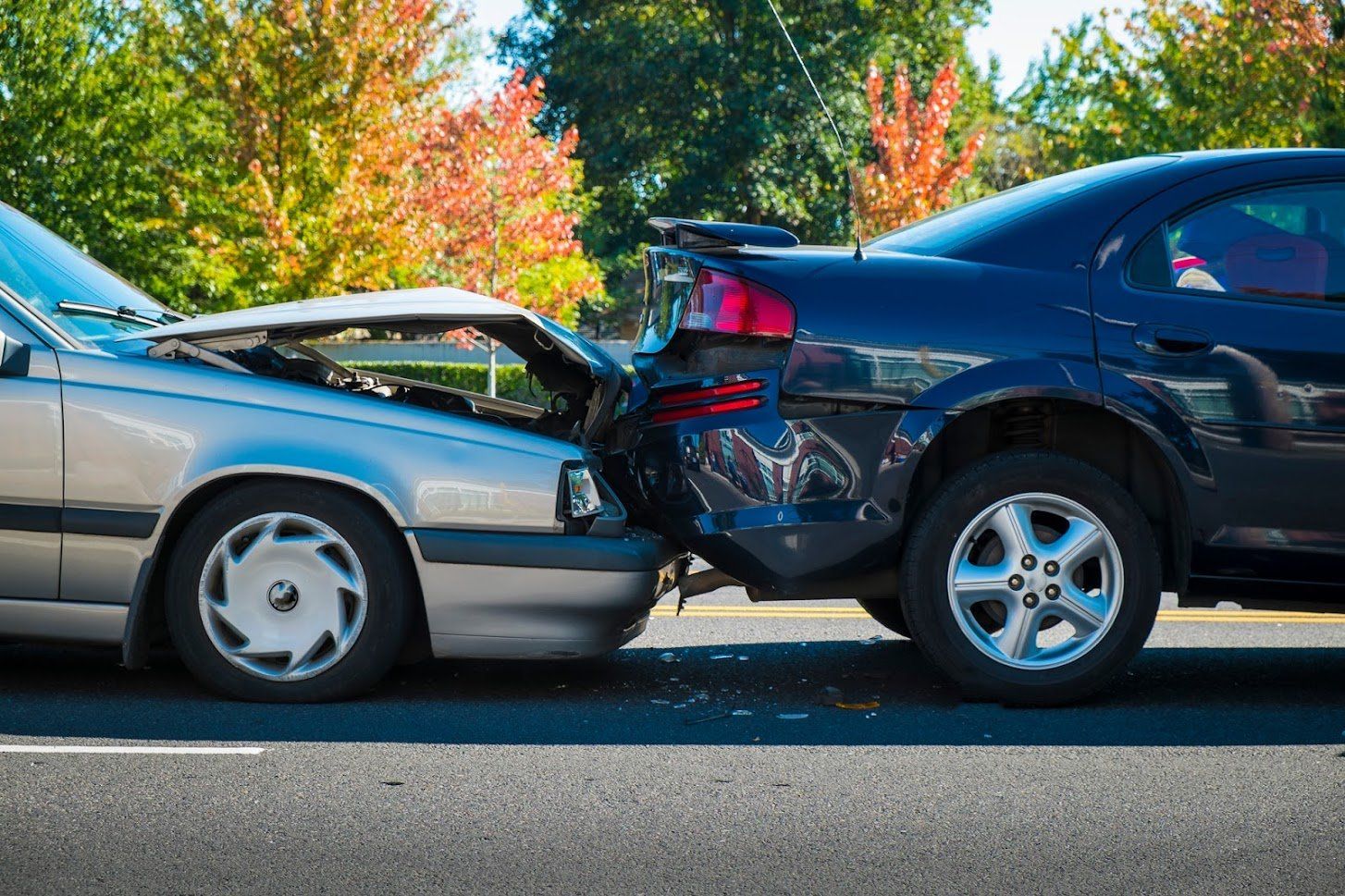Natural Disasters Covered by Homeowners Insurance
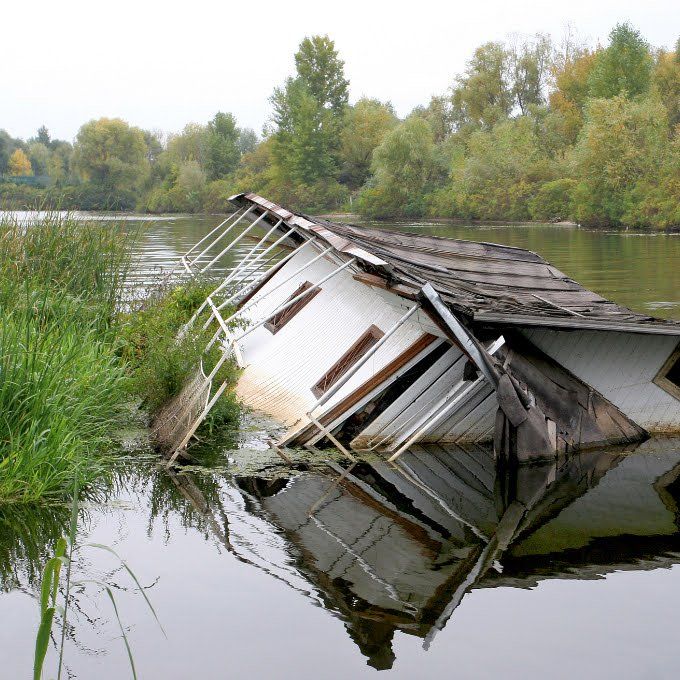
Natural disasters can strike at any time, and they often come with little warning. Homeowners insurance can provide vital financial protection in the event of a disaster, but you must understand what is and isn't covered.
You must read your policy carefully so that you know what's covered in the event of a natural disaster. This guide will explore some of the disasters a typical homeowners insurance policy may cover.
Tornadoes
Tornadoes are one of the most destructive natural disasters in the United States, capable of causing thousands of dollars in damage. Homeowners insurance typically covers damage caused by tornadoes, but there may be some limits and exclusions.
For example, many policies exclude damage caused by "wind-borne debris," such as trees or signs that are blown into a home by a tornado. Read your policy carefully and understand what is and is not covered.
Explosions
An explosion is typically a covered peril, which means that if an explosion damages your home, your homeowners insurance will pay to repair or replace the damaged property. While explosions are rare, they can cause significant damage to a home. If the explosion is caused by a gas leak or other unintentional act, it is likely covered by insurance.
Insurance should also cover an explosion caused by a riot or civil commotion. In addition, if you have to evacuate your home due to an explosion, your homeowners insurance will pay for your temporary living expenses.
Lightning
Lightning is a giant spark of electricity that can reach temperatures of up to 50,000 degrees Fahrenheit. It's one of nature's most powerful forces, and it can cause serious damage to homes and other structures.
While damage from lightning is relatively rare, it can be devastating when it does occur. In addition to causing fires, lightning can also cause electrical surges that can damage appliances and other electronics. Homeowner's insurance typically covers both the cost of repairing the damage and replacing any destroyed belongings.
Volcanoes
While many of these volcanoes are located in remote areas, some are located near densely populated areas, making them a potential danger to thousands of people. Homeowners insurance will usually cover damage to the dwelling and personal property caused by a volcanic eruption. However, you may have to buy extra coverage for things like landslides and mudflow, as these can often be excluded from standard homeowners policies.
Hurricanes
Homeowners insurance policies typically cover hurricane damage, but limits and exclusions may exist. For example, most policies will not cover damage caused by storm surges or flooding. If you live in an area prone to hurricanes, you may want to purchase additional coverage, such as flood insurance.
Fire
Homeowners insurance policies typically cover damage caused by fires, regardless of their cause. That means that whether a fire is started by faulty wiring, an unattended candle, or an errant spark from the grill, your home will be protected. Coverage typically extends to other structures on your property as well, such as detached garages and guest houses. In addition, most policies cover the cost of temporary housing if your home is uninhabitable due to fire damage.
Winter Storms
Winter storms can cause a lot of damage to your home. Heavy snowfall can collapse roofs, and high winds can knock down trees and power lines. Ice buildup can cause gutters and drains to back up, and ice dams can form on your roof, damaging shingles and causing water to leak into your home. Frozen plumbing or heating systems can also lead to costly repairs.
Homeowners insurance can help to protect you from the financial devastation that can be caused by natural disasters. Remember that not all insurance policies are created equal. Make sure to contact us today to find out more about the coverage we offer and how we can help you tailor a policy that meets your specific needs.

